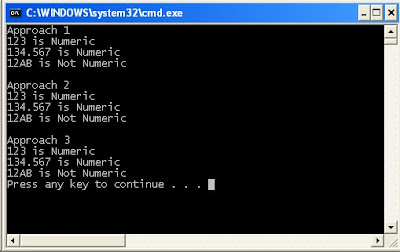Sometimes its useful to know the 'copy' method in algorithm class. The following is an example:
//Program tested on Microsoft Visual Studio 2008 - Zahid Ghadialy
//OutputIterator copy ( InputIterator first, InputIterator last, OutputIterator result );
#include<iostream>
#include <algorithm>
#include <vector>
using namespace std;
int main()
{
int someInts[] = {10, 20, 20, 40, 50};
int someMoreInts[] = {100, 200, 300, 400, 500, 600, 700};
vector<int> someVector;
vector<int>::iterator someIterator;
//Get the total size of all elements
int totalSize = (sizeof(someInts) + sizeof(someMoreInts)) / sizeof(int);
//Resize someVector to right size
someVector.resize(someVector.size() + totalSize);
//Get the number of elements of someInts
int tempSize = sizeof(someInts) / sizeof(int);
vector<int>::iterator finalElementIt = copy(someInts, someInts + tempSize, someVector.begin());
cout<<"\n1. someVector contains :";
for(someIterator = someVector.begin(); someIterator != someVector.end(); ++someIterator)
cout<<" "<<*someIterator;
cout<<endl;
//Get size of someMoreInts
tempSize = sizeof(someMoreInts) / sizeof(int);
copy(someMoreInts, someMoreInts + tempSize, finalElementIt);
cout<<"\n2. someVector contains :";
for(someIterator = someVector.begin(); someIterator != someVector.end(); ++someIterator)
cout<<" "<<*someIterator;
cout<<endl;
return 0;
}
The output is as follows:



